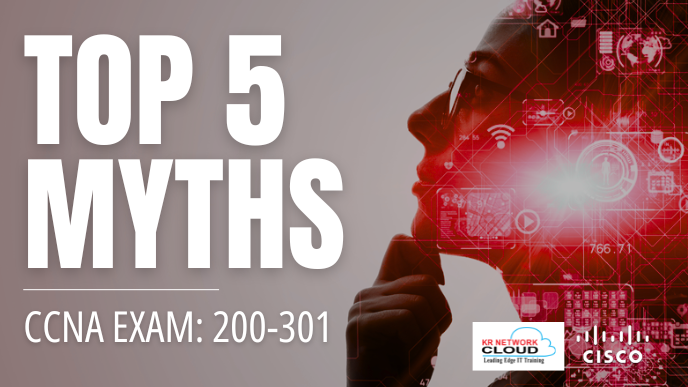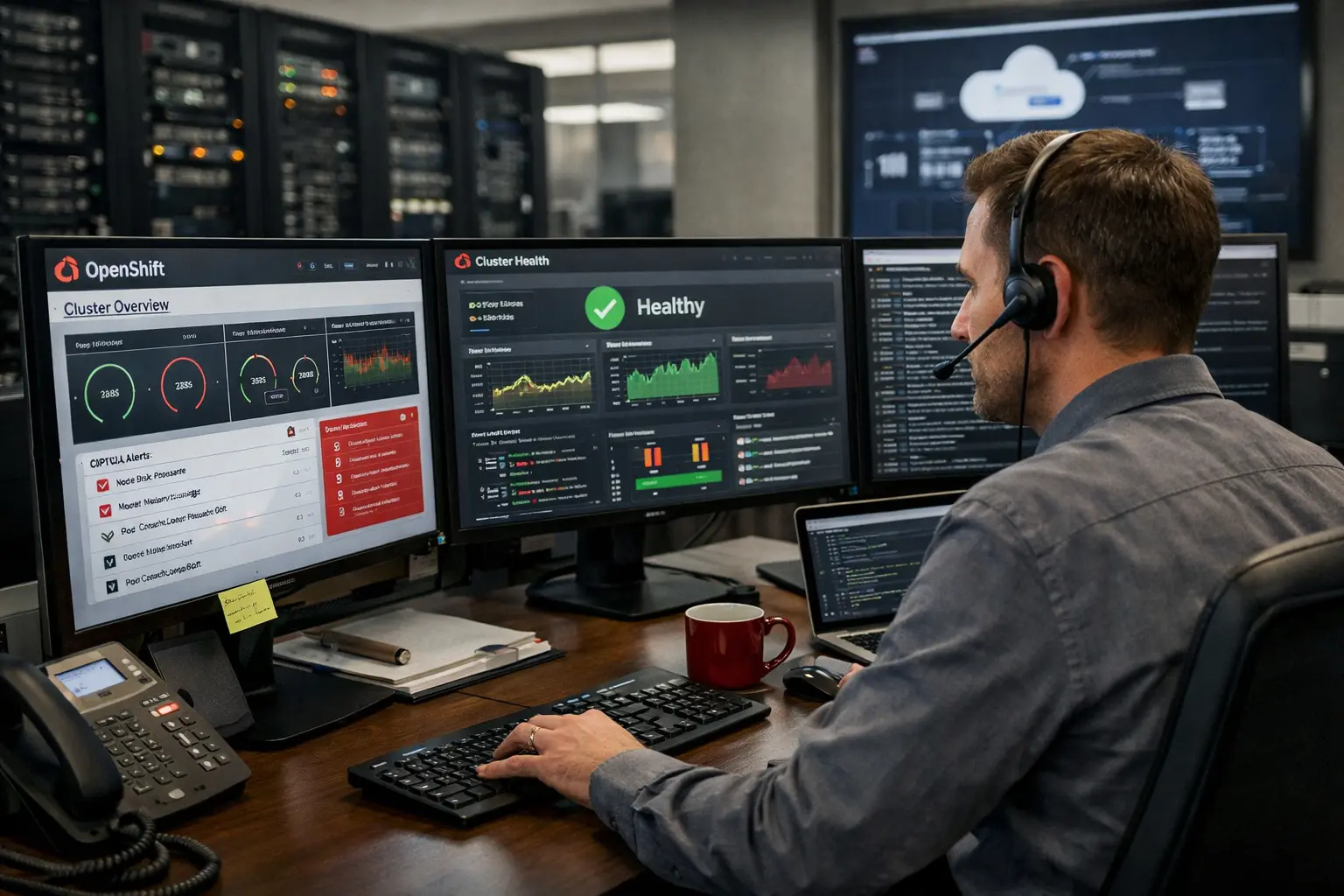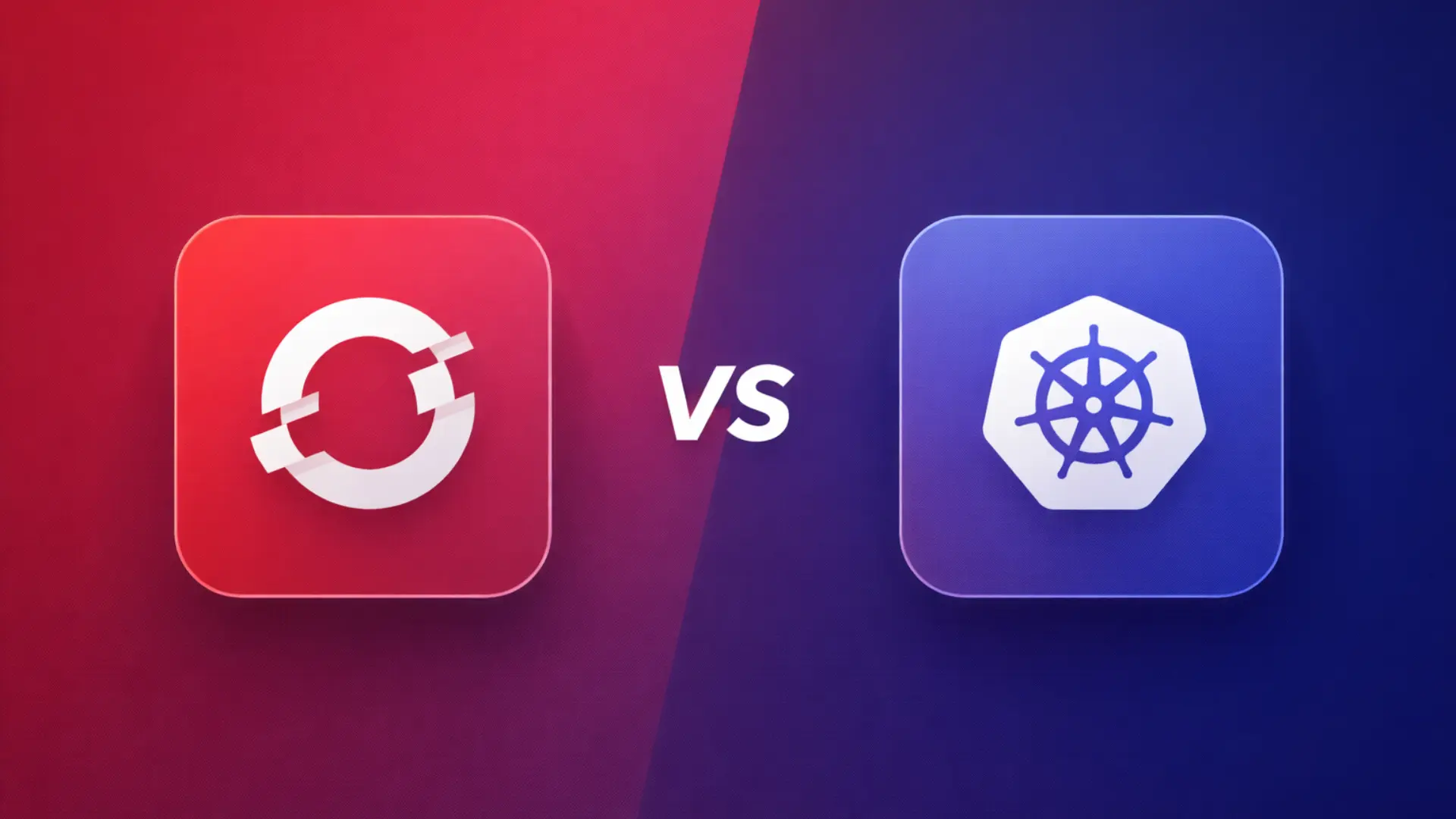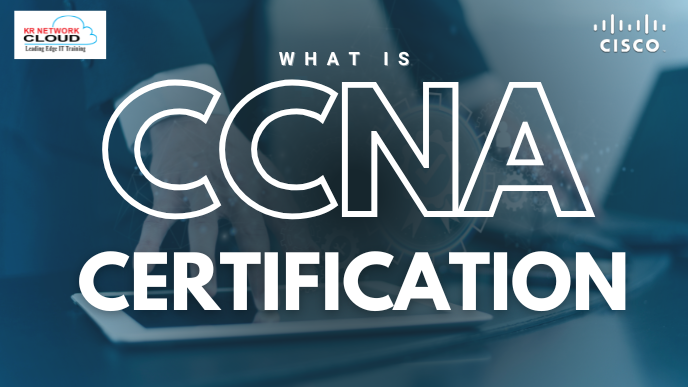Top 5 Myths About the CCNA Exam Every Student Should Know

- KR NETWORK CLOUD
- November 26, 2025
The Cisco Certified Network Associate (CCNA) certification (exam 200-301) is the global standard for entry-level network engineering. It validates a professional’s skills in network fundamentals, security, automation, IP services, and network access. For millions of IT professionals, achieving the CCNA is a vital & first step toward a rewarding and high-demand career.
These misconceptions often create unnecessary fear, waste valuable study time, and even feel unconfident to potential students from pursuing this essential certification. A clear understanding of what the CCNA exam truly entails is fundamental to efficient preparation and ultimate success.
This comprehensive guide is designed for every student from the complete beginner to the experienced IT professional who is considering or currently pursuing the certification. We will be studying the most top 5 myths about the CCNA exam, replacing fear with fact and inefficiency with actionable strategies. By approaching the CCNA journey with accurate information, you can focus on mastering the concepts required for the modern networking Industries. The key to passing the CCNA exam is focused effort, not falling victim to common pitfalls.
1. Myth: You Need Years of IT Experience to Pass
This is arguably the most intimidating myth for newcomers. Many potential candidates believe the CCNA is an expert-level exam and that without extensive prior experience working with Cisco routers and Cisco switches in a corporate environment, success is impossible.
The Reality: The CCNA is Designed as a Foundational Entry-Level Exam
Cisco specifically designed the CCNA (Associate level) to be attainable by individuals with zero professional networking experience, provided they commit to a rigorous study plan. The curriculum focuses on foundational concepts that are universal across all IT disciplines.
- Focus on Fundamentals: The exam centers on the core principles of the OSI Model, TCP/IP stack, IP addressing (including subnetting), Ethernet, and basic network security. These are theoretical concepts that can be learned effectively from books, video courses, and hands-on simulation labs.
- Structured Learning Path: Official CCNA training materials and quality third-party courses are structured to build knowledge from the ground up, starting with the simplest concepts and progressing to more complex topics like OSPF and VLANs.
- Experience is Helpful, Not Required: While someone who has worked in IT support might grasp concepts like troubleshooting or the command-line interface (CLI) faster, a dedicated beginner who consistently allocates 200-300 hours of focused study and CCNA lab time can easily achieve the same level of mastery.
2. Myth: You Must Memorize Every Cisco Command
Another prevalent and counterproductive myth is the idea of rote memorization. Students often spend countless hours trying to commit every configuration command, parameter, and output variation of Cisco IOS to memory, believing the CCNA exam will test their ability to recall text verbatim.
The Reality: The Exam Tests Application, Verification, and Troubleshooting
The modern CCNA 200-301 emphasizes functional understanding over pure recall. The exam’s objective is to assess if you can configure, verify, and, most importantly, troubleshoot a network solution.
- The Command-Line Interface (CLI): While knowing the basic commands (like show running-config, interface, ip address, and configuration modes) is necessary, the CCNA tests your understanding of the effect of a command, not just the command itself.
- Interactive Simulation Questions (Sims/Simlets): These key components of the CCNA exam require you to actively troubleshoot or configure devices in a simulated environment. If a link is down, you must be able to recognize the symptom, determine if it’s an access-list (ACL) issue, a VLAN mismatch, or an OSPF adjacency failure, and then use appropriate show and debug commands to isolate and fix the problem. This cannot be done through memorization alone.
- Context is Key: It is far more valuable to understand the difference between a global configuration command and an interface configuration command, and the proper context for using commands like switchport mode access versus switchport mode trunk, than it is to simply memorize the spelling of the command.
For successful CCNA preparation, focus on understanding the why and how of a technology (e.g., how STP prevents loops), and then use the Cisco Packet Tracer or other lab environments to repeatedly practice the implementation. The commands will become internalized through repetition and application.
- Myth: CCNA Is Only for Network Engineers
Students from different IT tracks, such as cybersecurity, systems administration, cloud, or software development, often dismiss the CCNA as irrelevant to their specialized career path. They view it as a certification strictly for those who plan to spend their entire career managing Cisco routers and Cisco switches.
The Reality: CCNA Provides the Universal Language of Digital Infrastructure
The CCNA is the foundational knowledge base for nearly every modern IT specialization, making it valuable for a wide range of professionals:
- Cybersecurity Professionals: You cannot secure a network without knowing how it works. CCNA topics like ACLs, port security, VPNs, and security fundamentals are the baseline for security roles. You must understand Layer 2/Layer 3 communication to effectively detect and mitigate threats.
- Cloud Architects/Engineers: Cloud platforms like AWS and Azure are large networks. Configuring a Virtual Private Cloud (VPC), setting up peering, defining IP addressing ranges, and managing load balancers all rely on deep CCNA knowledge of routing, subnetting, and network architecture.
- Systems Administrators: Servers and applications live on a network. The ability to quickly troubleshoot connectivity issues (e.g., determining if a server is failing due to an incorrect VLAN assignment on the switch port or a simple firewall rule) is essential for efficient server management.
- Automation Specialists: The updated CCNA covers Network Automation and Programmability using concepts like JSON, Python scripting basics, and APIs. This knowledge bridges the gap between traditional networking and modern DevOps practices.
The CCNA certification is a powerful career accelerator because it provides a holistic understanding of how data moves-a prerequisite for success in the interconnected world of IT.
Myth: The Exam Is Impossible Without Expensive Classes
A prevailing concern among budget-conscious students is the belief that they must enroll in authorized, high-cost, instructor-led training or university courses to prepare for the CCNA exam.
The Reality: High-Quality, Affordable Self-Study Resources are Abundant
While formal training is excellent, it is absolutely not required to pass the CCNA. The democratization of knowledge via online platforms has made high-quality, self-paced study the most common and effective path.
- Core Study Materials: The primary resources for passing the CCNA are the official Cisco Press certification guide books. These resources are comprehensive and directly align with the exam blueprint.
- Video Courses: Platforms like Udemy and YouTube offer excellent, in-depth CCNA courses taught by certified experts. These courses often include clear lectures, configuration demonstrations, and practical CCNA lab exercises.
- Free Lab Tools: As discussed in the introduction, the cost of a physical lab is obsolete. Cisco Packet Tracer (free) and GNS3/EVE-NG (free software for Cisco IOS images you must obtain legally) provide a perfect environment for hands-on CCNA practice.
- Practice Tests: Investing in quality CCNA practice questions and full-length mock exams (from reputable providers) is important for assessing readiness and identifying weak areas.
The most important investment you can make in your CCNA journey is your time and commitment to consistency, not thousands of dollars in tuition. The CCNA exam measures knowledge, regardless of where that knowledge was acquired.
- Myth: CCNA Certification Isn’t Worth It Anymore
With the tech industry constantly shifting toward new paradigms like SDN (Software-Defined Networking), serverless architectures, and network automation, some voices argue that the traditional CCNA is becoming irrelevant-a costly relic of the past.
CCNA EXAM DETAILS:
| Certificate Provider | Cisco |
| Exam Code | 200-301 CCNA |
| Exam Name | Cisco Certified Network Associate |
| Exam Name | Performance-Based & Multiple Formats |
| Exam Format | Online Proctored or Pearson VUE Testing Center |
| Exam Location | Remote basis or Official Testing Center |
| Number of Questions | Around 100-120 |
| Exam Duration | 120 Minutes or 2 Hours |
| Maximum Score | 1000 |
| Minimum Passing Score | 825 |
| Certification Validity | 3 Years |
| Exam Attempt Validity | 365 Days after booking your exam (May vary with current policy) |
| Exam Price | $300 + 18% TAX (May vary with Region & Current Pricing) |
| Languages Available | English, Japanese |
The Reality: The CCNA Remains the Gold Standard for Network Fundamentals
The CCNA certification has successfully adapted to the changing IT Sectors, making it even more relevant today than it was a decade ago:
- Updated Curriculum: The current CCNA 200-301 exam blueprint was fundamentally revised to include necessary modern topics like automation and programmability, wireless networking, and security fundamentals – the very technologies that were supposedly making it obsolete.
- Vendor Neutrality: Despite being a Cisco certification, the concepts taught are vendor-neutral. IP addressing, OSPF routing principles, Layer 2 switching concepts, and subnetting are identical on Juniper, Arista, and other vendor devices. The CCNA teaches the universal language of networking.
- Employer Demand: The CCNA remains one of the most requested and respected certifications by employers globally. It is universally recognized as proof that a candidate understands how data networks operate, which significantly boosts employability and salary potential for entry-level roles.
- Prerequisite for Higher Certs: It is the official gateway to higher-level, specialized Cisco certifications like CCNP Enterprise and CCNP Security, which are vital for career advancement.
The CCNA provides a strong and healthy foundational knowledge that makes all the newer, specialized skills meaningful. It is the solid ground upon which you build an adaptable and sustainable career in the rapidly evolving world of IT.
Pro Tips for Your CCNA Journey
Moving beyond the myths, here are actionable strategies to ensure your CCNA preparation is efficient and effective.
Create a Study Schedule
Establish a realistic daily schedule-e.g., 2 hours on weekdays and 4 hours on weekends. Consistency is more important than marathon sessions. Map the official CCNA blueprint topics to your timeline to ensure you cover all domains, from Network Fundamentals to Automation.
Lab Regularly
The gold standard for the CCNA exam preparation is hands-on practice. Dedicate at least 50% of your study time to CCNA lab work. Use Cisco Packet Tracer to implement every new concept you learn-configure VLANs, set up OSPF routing, and apply basic ACLs. Break configurations and fix them to gain real troubleshooting experience.
Take Practice Tests
Once you feel confident in a domain, use reputable CCNA practice questions to test your knowledge. Focus on understanding why you got a question wrong, not just the correct answer. The process of taking CCNA practice questions simulates the pressure of the CCNA exam and helps you manage your time.
Stay Updated
The CCNA curriculum changes periodically. Always refer to the official Cisco 200-301 exam topics blueprint to ensure your study materials are current and that you are not studying outdated technologies.
Conclusion
The pursuit of the Cisco Certified Network Associate (CCNA) certification is a challenging but immensely rewarding endeavor. By dispelling the top 5 myths about the CCNA exam, we have clarified that success is not predicated on years of experience, rote command memorization, expensive training, or a narrow career focus.
The reality is that the CCNA is a relevant, foundational, and highly achievable certification for anyone with dedication, a solid study plan, and a commitment to hands-on practice. The CCNA exam measures your ability to understand and apply fundamental networking principles-the universal language of all modern IT infrastructure. With focused effort and accurate resources, you are well on your way to earning your CCNA certification and launching a successful career.
FAQ’S
Q: How long does it typically take to study for the CCNA exam?
A: For an absolute beginner, the recommended time is 5 to 9 months of consistent, focused study (averaging 15–20 hours per week). Candidates with prior IT experience may be able to prepare in 3 to 5 months. It is less about the time and more about accumulating 200 to 300 hours of quality study and lab work.
Q: Is the CCNA exam multiple-choice only?
A: No. While it includes multiple-choice and drag-and-drop questions, the CCNA exam also contains Simulations (Sims) and Simlets. These are interactive questions that require you to configure or troubleshoot network devices using a command-line interface (CLI) within the exam environment.
Q: What is the most important skill to master for the CCNA?
A: Troubleshooting is the most vital skill. The CCNA is designed to test your ability to diagnose and fix network problems. This requires a deep understanding of concepts like IP addressing, the OSI Model, VLANs, and routing protocols like OSPF.
Q: Do I need to be a math genius to pass the subnetting sections?
A: No. Subnetting only requires basic binary math and quick mental arithmetic. Consistent practice using simple techniques (like the 256-block method) makes subnetting questions manageable and quick on the CCNA exam.






